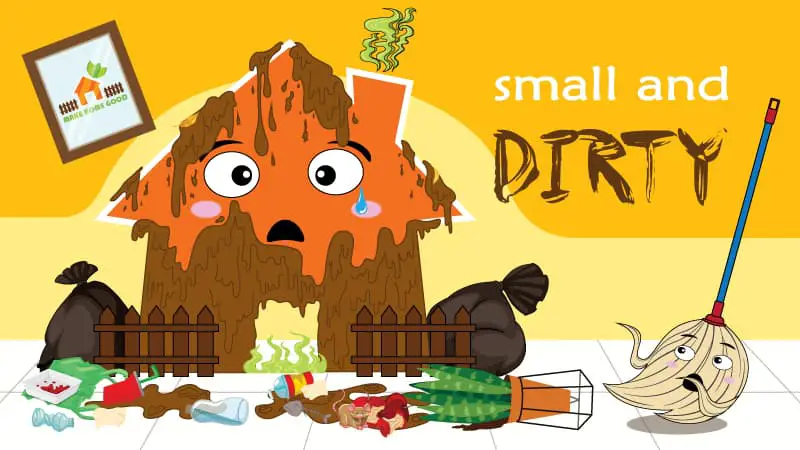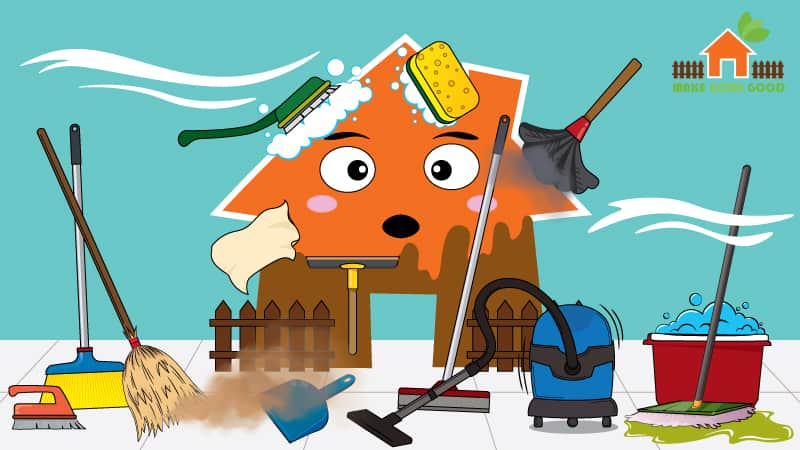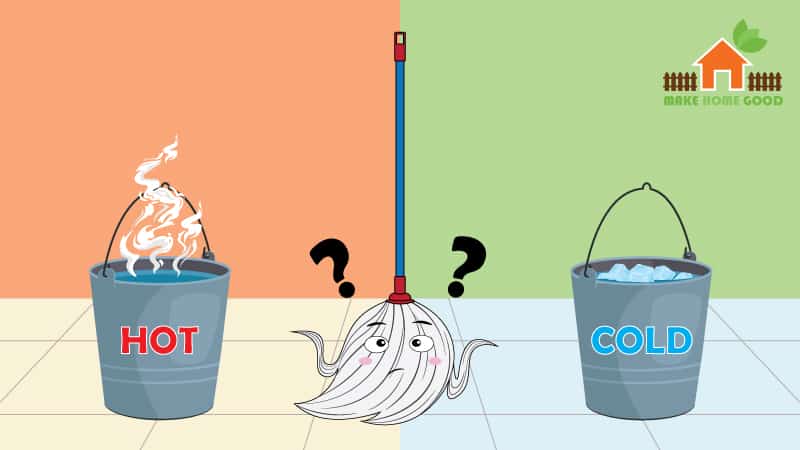You won’t believe how frequently I change my bed linens or bed sheets. I love the scent of a fresh bed sheet, and I am really picky about our bedding. Since I’ve been doing this for so long, I can tell you that knowing how to change sheets is one of the most important skill to have whether you’re married, in college, or living alone.
So, how often should you change your sheets? Sheets should be changed every week to ensure cleanliness and comfort. However, you might need to change them more frequently if you have allergies or sensitivities just like me. Your sheets may also need to be changed more frequently or less frequently depending on the material they are made of; for instance, silk sheets typically last longer than cotton sheets.
Also, you may want to learn how to deep clean your house
If you have bedding sensitivities and you’re visiting another country or staying in a hotel for more than a week, you should first find out what kind of bed sheets are being used so you can decide whether or not to change them.
In this article will provide more details about how to wash bed sheets, what happens if you don’t change them and more.
Table of contents
How often should you wash your beddings?
Beddings typically include blankets, sheets, and pillowcases. According to many experts washing your beddings is dependent on the weather, the type, and how long you’ve been using your bed sheets, pillowcases, and other beddings.
While I don’t completely disagree, it is recommended that you wash these items at least once a week for best hygiene and comfort. If you use your sheets on a daily basis, or if you or someone else has been sick, washing them more frequently can help.
So, as a general rule you should wash your beddings at least once a week, preferably shortly after you replace it. We recommend washing them immediately especially if you only have few beddings. This is what we have been doing for a very long time and we feel really good about it! 🙂
It is also recommended to use hot water and a mild detergent when washing your beddings.
Below is a simple table with the type of beddings and recommended frequency of washing:
| Type of beddings | Frequency |
|---|---|
| Bed sheets | Once a week |
| Blankets | Twice a week |
| Pillowcases | Once or Twice a week |
Now that you know how frequently to wash your beddings, let’s go through why you should have a regular washing schedule and, in particular, why you should wash bed sheets once a week.
Why should we change our sheets regularly?
Most of us don’t give much thought to our sheets. We may wash them once a week or so, but beyond that, they don’t get much attention. However, our sheets can be quite dirty. Sweat, skin cells, and dust can all accumulate on our sheets, making them a breeding ground for bacteria and other allergens.
How often you wash your sheets depends on a few factors, such as how many people are using them and whether you have any health conditions requiring more frequent laundering.
Below, we’ll explore some main reasons why you should change your sheets regularly.
1) Sweating through your bed sheets
Your body naturally perspires while you sleep. In addition, dead skin cells continually flake off your body and end up on your bed sheets. If you don’t change your sheets regularly, these sweat and skin cells can build up and cause yellowing or stains. They can also create an environment conducive to bacteria and dust mites, triggering allergies or aggravating existing respiratory conditions.
2) Dust mites going to your beddings
They are tiny creatures that thrive in the dust. They’re too small to see, but they can cause problems for people allergic to them. If you have dust mite allergies, it’s important to change your sheets regularly to remove the dust mites and their feces.
3) Problem with allergens in beddings
Allergens are tiny particles that can cause an allergic reaction. They’re found in many things we come into contact with daily, including dust mites, pollen, and pet dander.
If you have asthma or allergies, exposure to allergens can trigger symptoms like coughing, sneezing, and difficulty breathing. That’s why it’s important to keep your home free of allergens as much as possible.
One way to do this is to regularly change your sheets and pillowcases. Over time, they can become covered in allergens like dust mites and pollen. This can be especially problematic if you have pets that sleep on the bed with you.
4) Dirty sheets will smell really bad
Changing your sheets regularly not only keeps them looking and smelling fresh but also helps to remove bacteria. Bacteria can cause a number of health problems, ranging from mild skin infections to more serious respiratory illnesses. While you can’t eliminate all bacteria from your sheets, changing them regularly will help to reduce the amount of bacteria present. In addition to regular changing, you can also use a disinfectant spray or wipe to further reduce the amount of bacteria on your sheets.
How to wash your bed sheets?
Our bed sheets are one of the most important pieces of bedding. Not only do they provide us with a comfortable place to sleep, but they also play a big role in keeping our skin and hair healthy.
Here are some tips on how to change your bed sheets:
1. Wash them in hot water. This will kill any dust mites or bacteria that may be living in your sheets.
2. Use a mild detergent. Don’t use anything too harsh on your sheets, as it could damage the fabric.
3. Use a gentle cycle. Again, you don’t want to damage your sheets by using too much agitation.
4. Hang them to dry. This will help prevent any shrinkage that may occur if you put them in the dryer.
5. Don’t forget to wash your pillowcases. Pillowcases can harbor just as much dirt and bacteria as your sheets, so be sure to wash them frequently.







